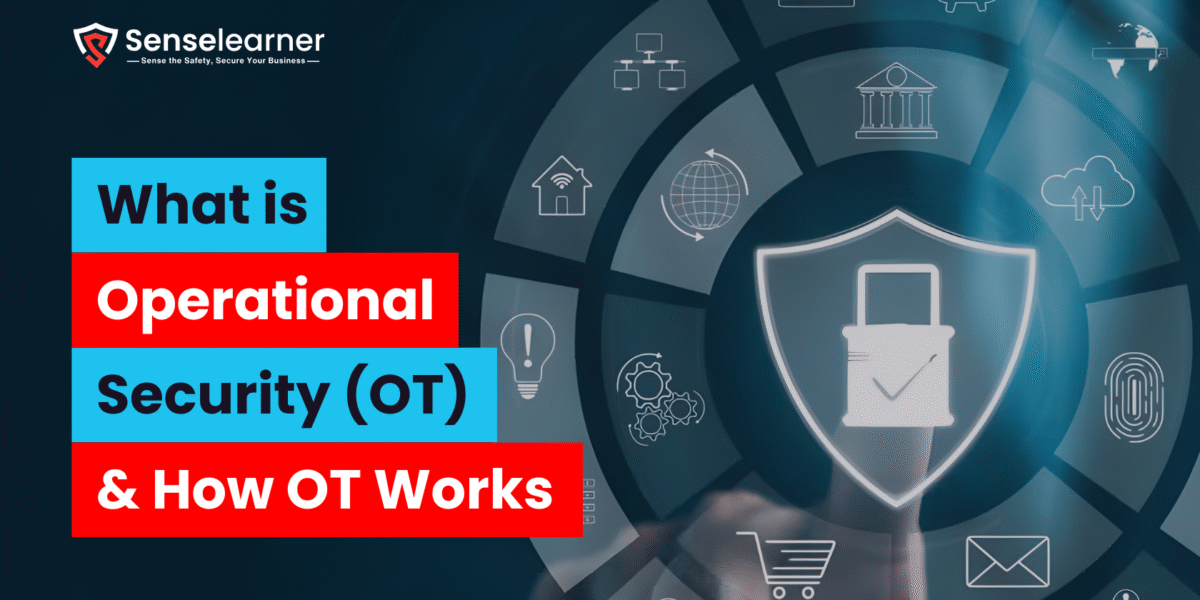Cloud Security
cloud security tools are now a more important component of the defensive posture for safeguarding cloud apps and data. These tools include a range of technologies, approaches, and procedures intended to reduce risks and defend against dangers such as service outages, data breaches, and illegal access. They give enterprises and DevSecOps the tools they need to strengthen their cloud infrastructure, keep an eye on activities, spot irregularities, and react quickly to possible security threats.
Table of Contents
CSPM solutions help companies in identifying, controlling, and addressing risks in their cloud infrastructure. They keep a close eye on all of their data and cloud apps to assess their risk of setup errors and avoid major security problems like data loss. With CSPM, businesses can guarantee regulatory compliance and take a more proactive approach to cloud security. These technologies frequently incorporate real-time alerts, cloud architecture visualization, and automatic compliance checks. In order to reduce the attack surface and identify configuration errors early in the development cycle, CSPM also interfaces with CI/CD pipelines.
1. Prowler

An open-source solution for cloud security for AWS, Azure, and GCP is called Prowler. Through an analysis of its current security practices and an audit against important security standards like the PCI DSS, GDPR, ISO27001, and the CIS Amazon benchmarks, it allows users to perform security assessments. Jit incorporates Prowler into its all-encompassing security strategy.
A comprehensive security assessment tool that is ideal for cloud-native businesses.
2. Kubescape

An open-source program called Kubescape was created to assist Kubernetes users in doing a comprehensive security analysis. It is among the fastest-growing Kubernetes security solutions and has over 100 contributors while being relatively new. You can quickly incorporate Jit into your existing CI/CD workflow and use it to automatically scan your Kubernetes containerized apps in runtime for configurations that aren’t compatible. Additionally, Kubescape offers remediation guidance in real time.
Ideal for users of Kubernetes.
Also visit senselearner.com/top-10-iot-security-tools
3. KICS

KICS is an adaptable, multi-platform Infrastructure as Code (IaC) security tool that is open-source. It facilitates DevOps teams’ discovery of cloud infrastructure misconfigurations and security and compliance problems. It is also among the security tool suite that Jit supports.
Ideal for complicated setups and cloud-native businesses.
4. SpectralOps

A code security tool called SpectralOps assists businesses in identifying and addressing security flaws. It provides continuous integration support for both cloud-based and conventional apps, and it instantly detects and stops secrets from leaking in software development processes.
Ideal for development teams looking to strengthen their security procedures and code.
5. Cisco cloudlock

Cisco Cloudlock keeps an eye on your SaaS, PaaS, and IaaS cloud infrastructure to spot and reduce threats like malware, data loss, and shadow IT. Among its characteristics are behavior analytics to identify anomalous activity and policy automation. its Ideal for big businesses with intricate cloud setups.
6. Forcepoint

By preventing data loss, limiting access to cloud apps, and offering visibility into cloud usage, Forcepoint assists businesses in safeguarding their data in the cloud. Additionally, it provides more than 190 pre-established policies and controls to guarantee adherence to regulations and policies. ideal for cloud-based applications used by companies of all sizes.
Also read 10-crucial-ways-to-guard-against-phishing-attacks
7. SKyhawk Security

SKyhawk Security assists businesses in defending against cyberattacks on their whole cloud. The Skyhawk Synthesis Security Platform, the company’s flagship product, employs artificial intelligence and machine learning to identify and address threats instantly. Its primary features are automatic remediation, notifications for real assaults only—not false positives—and a runtime hub for better and real-time visibility into attack sequences. It’s Ideal for businesses of all sizes that use data and apps from the cloud.
What is CSPM, or Cloud Security Posture Management?
A collection of instruments and procedures known as CSPM are used to find and fix cloud infrastructure risks, including configuration errors and noncompliance. It contributes to maintaining the integrity and security of cloud infrastructures.
How can cloud security concerns be avoided with the use of CSPM?
In addition to performing automated compliance checks and sending out real-time notifications, CSPM continuously scans cloud environments for configuration errors. Early risk detection helps stop data loss and breaches.
What makes CSPM crucial for following to regulations?
CSPM technologies sometimes have integrated compliance frameworks (such as GDPR, HIPAA, and ISO) and assist enterprises in maintaining compliance through continuous reporting and audits, lowering the possibility of fines or other consequences.



